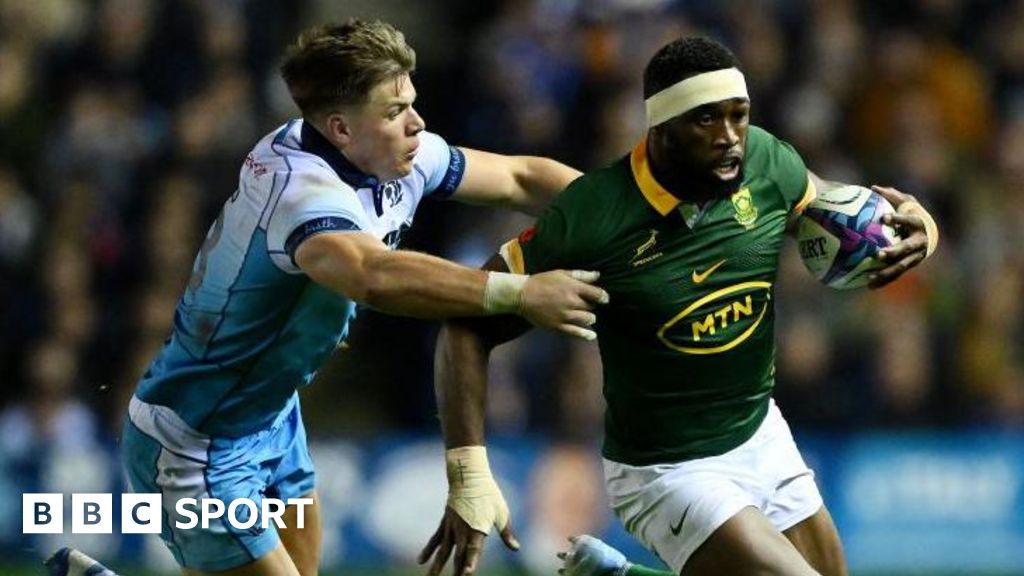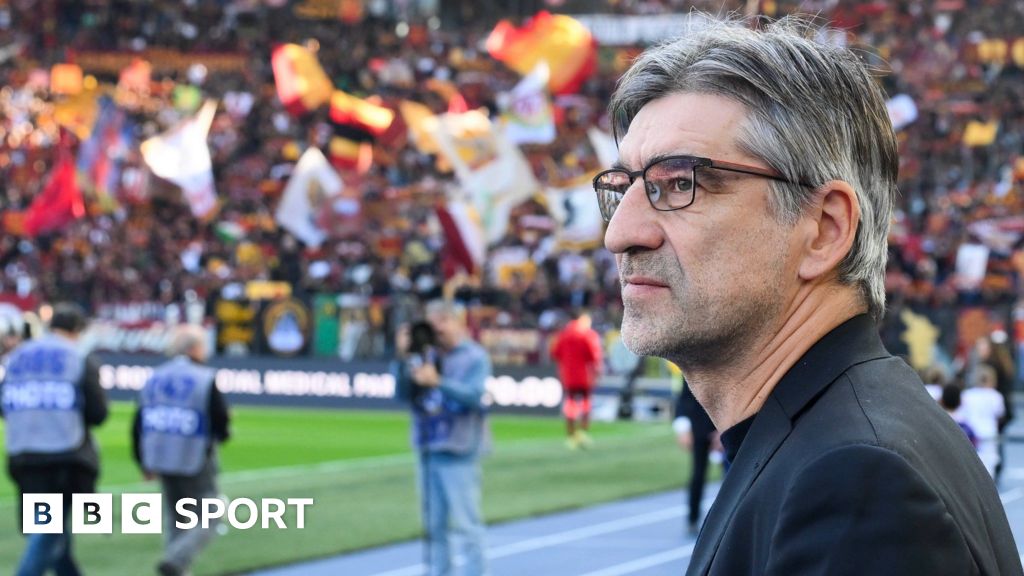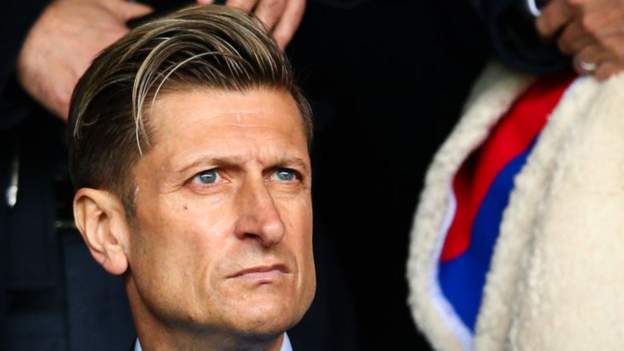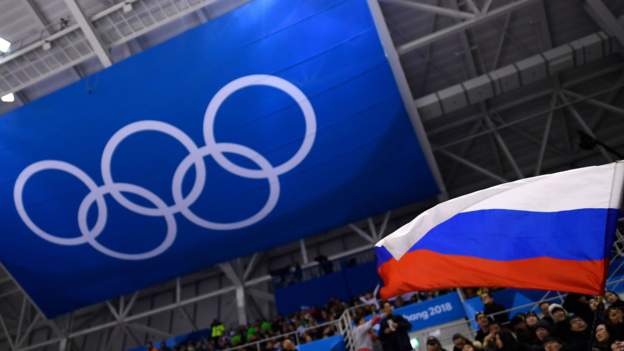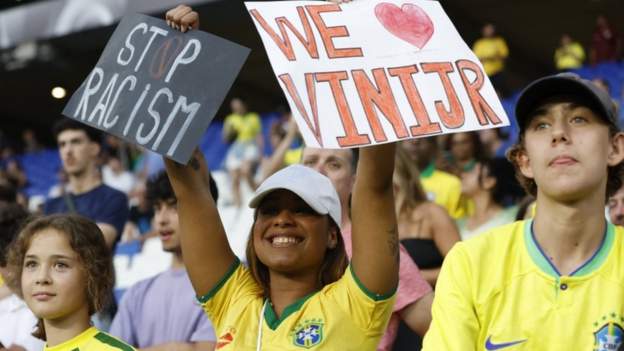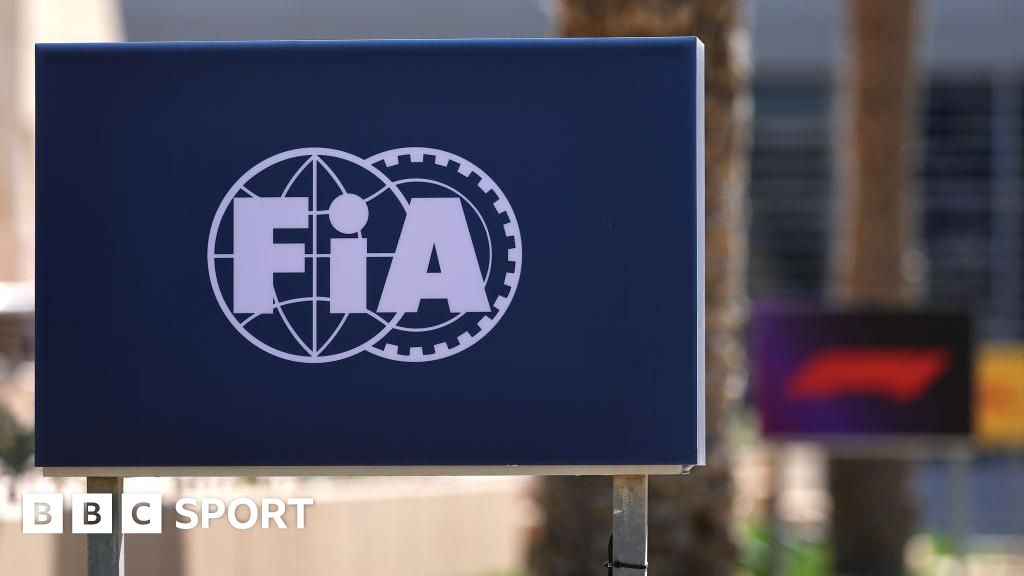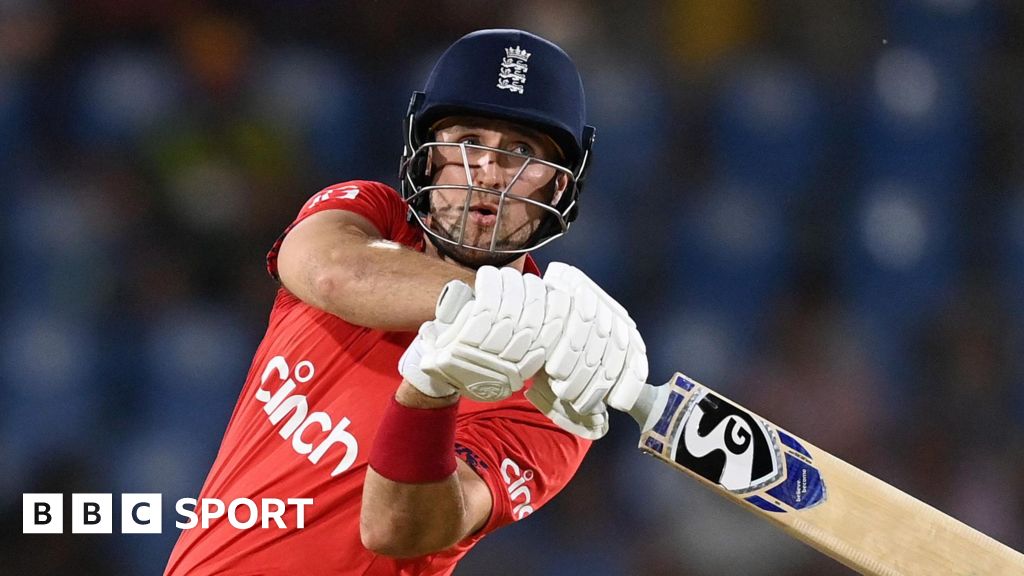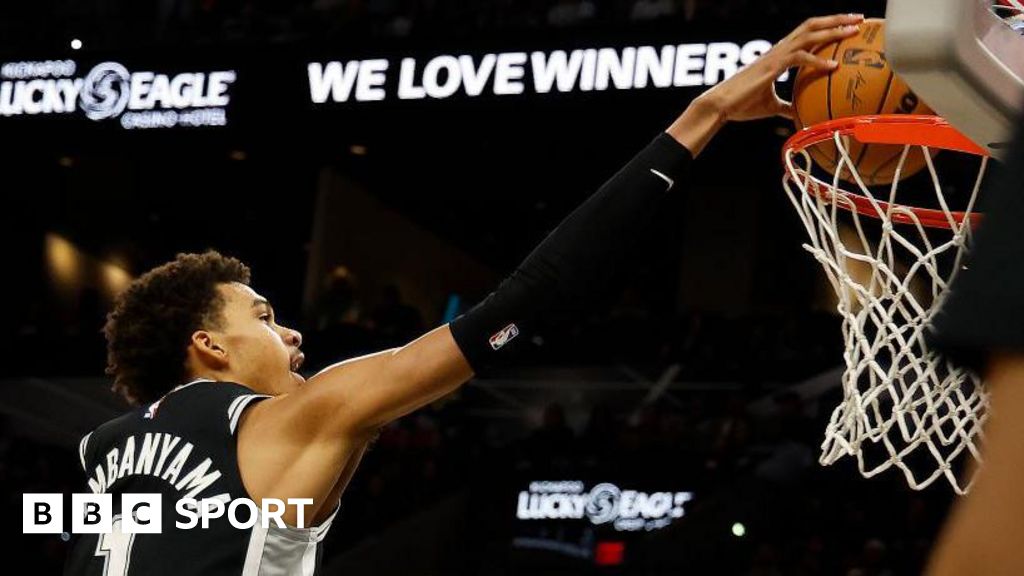European football’s governing body Uefa must change how it hands out Champions League money, says Crystal Palace chairman Steve Parish.
Parish says Uefa’s coefficient ranking system has helped Europe’s elite clubs become “entitled with winning”.
He feels that has also contributed to a “two-speed Premier League”.
“There’s a top half and a bottom half, and that disparity will get bigger and bigger unless we put some rules in to try to control it,” Parish added.
The Palace chairman was speaking at the launch of the Union of European Clubs (UEC) in Brussels on Monday.
The UEC’s general secretary, Dennis Gudasic, says that of the 22bn euros (£19.5bn) in revenue earned by Uefa from club competitions over the past 25 years, 34% of it has been distributed to a group of just 12 clubs.
Currently 30% of Champions League revenue handed out to the 32 clubs in the group stage is determined by their coefficient ranking, which based on how that club has performed in Europe over the past decade. Clubs who have played in Europe regularly over that period get more of that 30% than those who have not.
While Parish accepts the value of the Premier League’s television broadcast deals means the distortion caused by European earnings is less stark in England than in other leagues, he believes Europe’s top clubs have an unfair financial advantage.
“We’ve got six, now probably seven, teams [in England] where the amount of capital they have is either unlimited or is enormous compared to us, and qualifying for European football is almost impossible,” he said.
“It still doesn’t feel like a meritocracy entirely. And with the coefficient, it feels more and more that there’s a two-speed Premier League.
“You’re up against the situation where people have become so entitled with winning that they don’t accept any system which challenges the status quo or threatens it, and I think that’s what we have really got to look at across Europe.”
What is the Union of European Clubs?
The UEC is an organisation which seeks to give a voice to more than 1,000 professional clubs in Europe.
Representatives from 103 clubs were present for the UEC launch in person or online, with Aston Villa, Brentford, Brighton and Watford the other English clubs represented.
The UEC believes there are around 1,400 professional clubs in Europe who do not have a voice and should be represented on Uefa decision-making boards in the same way that member clubs of the European Club Association (ECA) are.
The UEC says only 130 clubs have voting rights within the ECA.
Parish also said Uefa’s position as a regulator and commercial operator “seems a massive conflict of interest”.
“I do believe there needs to be bigger separation of ‘church and state’, if you like,” he said. “The people organising the tournaments and the people regulating them, and taxing those tournaments for the greater good, should be two different people.”








